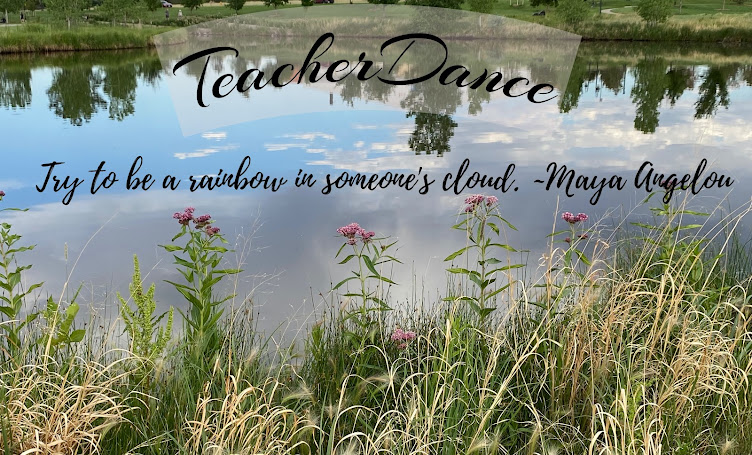One of the important aspects of the school ‘s philosophy where I work is that we give students so much choice in their learning. For example, each year they choose a personal unit of study around which teachers build the learning appropriate to each child’s needs. The choices also spread to mini classes that students have a couple of times a week, personal book goals, writing goals in workshop, etc. While this is challenging both for teachers and students to make good decisions for learning, it works well almost all of the time. Numerous conversations happen to help students learn the skills of making good choices, like how to look ahead to foresee consequences or what might be the next ‘step’ of learning in a particular curriculum area. It doesn’t always go smoothly, and we teachers have our own continuing dialogs to find good ways to support the way this best works for students and the way we teach.
I give this lengthy introduction because I wanted to describe a challenge I had this week that involved choice. I have been substituting for a teacher in a ‘mini’ creative writing class, and in her plans, she told me that students were working on a fiction story or a memoir—their choice. They had completed a lot of support in those areas before beginning. We met at the tech lab, and in the first session I was teaching, one student struggled with focusing on a goal. She at first told me that the teacher had said that the students could write anything, but when questioned, other students confirmed the two choices mentioned earlier. The young woman finally got some of a list typed, and after some conversation, thought that she could connect the list (of very long words) to things that had happened to her—a sort of memoir. I supported the idea, and asked her to write a couple of sentences as an introduction to explain to her readers what she was doing. She was resistant, saying that it was her ‘choice’ to have readers just use their imagination and figure out her plan. I have used reasons to persuade her that occurred to me first, like usually writers want to communicate to readers as well as they can, to be clear, and to not confuse. And, I suggested it might be fun to begin with a question using one of the words, asking readers to connect their own memories with that word, and that too was a way that readers would understand her writing goal.
Nothing changed this student’s mind. She insisted it wasn’t necessary to tell, that readers surely were smart enough to figure it out.
The goal of this class is for all students to complete two pieces, work some on revision, and to create a book of all the writing. I have my own choice to make with only a few classes to go. It is such a dilemma, to honor the writer’s/student’s decision, or to insist that certain guidelines be followed. If the subject matter is hurtful to others, I have no problem telling the writer that changes needed to be made, but because this writer actually is writing, and just resisting a suggestion, I’m not so sure I shouldn’t just let it go.
Giving students choices means taking risks as educators, yet the dialog that this student and I are having is learning too, and the fact that she is willing to defend her choice is admirable. She may see the consequence in the sharing, when her readers get confused. That is one natural consequence that could occur. No one will make fun, they will just ask questions.
It’s a big deal, these choices, for me and for students.


Choices are always tricky. It sounds like you've worked out your thinking by writing about it. No matter what, the student will learn from the choices made.
ReplyDeleteIt is definitely a choice she is making--and perhaps she needs to learn this lesson. When she realizes that just because she understands what is in her head, it doesn't necessarily translate to the reader. And you will be one of the readers...Then she can decide if she made the right choice.
ReplyDeleteAnd it is a big deal....
This might be a time that some peer editing would really help her. Could she complete the piece and then share it for the class and receive comments/questions from them? Perhaps then she would understand what you've been telling her all along....
ReplyDeleteI have found many students struggle to recognize the importance the reader plays in writing. I think you handled the situation well. It is very hard sometimes to step back when students make problematic choices.
ReplyDeleteI agree with Deb. Did the teacher use an instructional rubric when she initially made the assignment? This is a dilema. Go with your gut. I think your writer's heart will help you know the words to say.
ReplyDelete